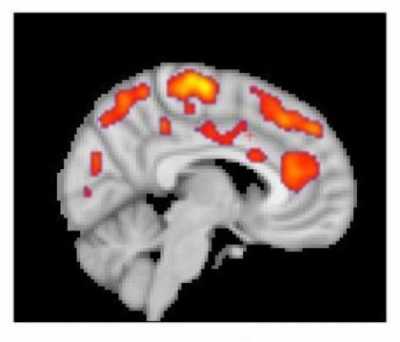Alzheimer's - Dementia, Author Interviews, Genetic Research / 14.06.2023
ALS: Gene That Acts Like Ancient Virus May Play Role in Neurodegeneration
MedicalResearch.com Interview with:
Alexandra M Whiteley PhD
Department of Biochemistry
University of Colorado Boulder
Boulder, Colorado
MedicalResearch.com: What is the background for this study?
Response: My laboratory was interested in understanding how UBQLN2 maintains cellular health. Ubiquilins facilitate protein degradation, but the precise proteins that they help to break down were not well understood. UBQLN2 is of particular interest because mutations in the UBQLN2 gene lead to a familial form of ALS.
This project, which was published in eLife this year, stems from work that was published when I was a postdoctoral researcher at Harvard Medical School, where we found a link between UBQLN2 and the virus-like protein PEG10. Now at the University of Colorado, Boulder, my laboratory has focused on trying to understand this connection between the two proteins, and how PEG10 could contribute to ALS.
(more…)






























